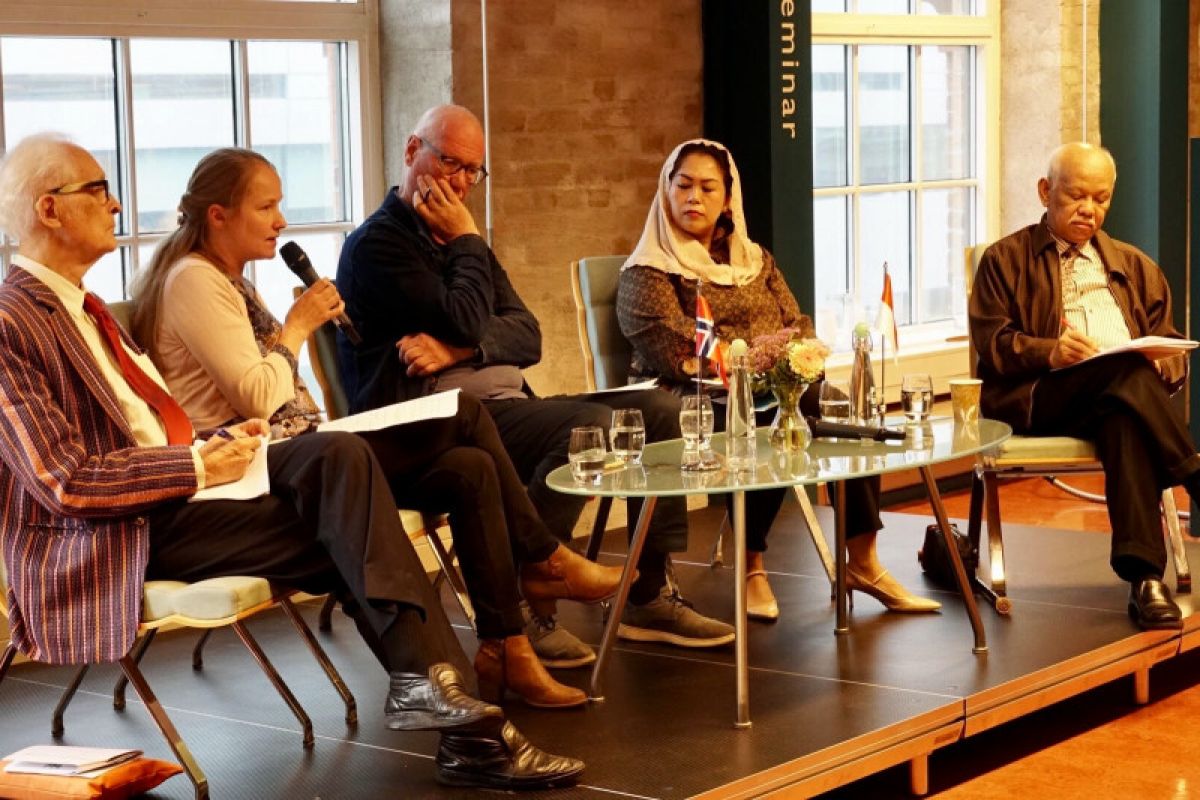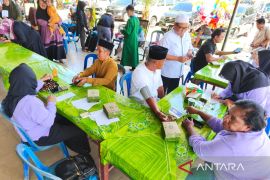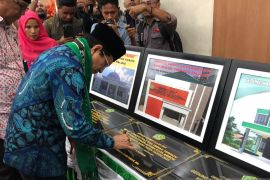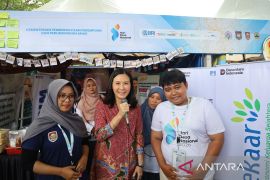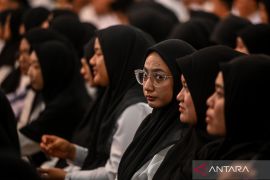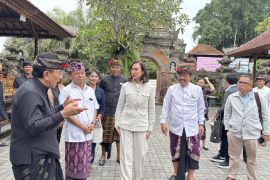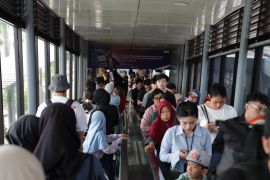Head of the Information, Social, and Culture Function (Pensosbud) of the Indonesian Embassy in Oslo Nina Evayanti told Antara London on Friday that a seminar was co-organised by the Indonesian Embassy in Oslo and the Oslo Metropolitan University on Wednesday (June 19).
NU Executive Board Chairman Marsudi Syuhud delivered the NU presentation, while Muhammadiyah Executive Board Secretary General Abdul Mu'ti gave a presentation for Muhammadiyah. Director of the Wahid Institute Yenny Wahid and Professor Elisabeth Eide from the Oslo Metropolitan University were among the panel of speakers in the question and answer session.
While opening the seminar, Indonesian Ambassador to Norway and Iceland Todung Mulya Lubis remarked that NU and Muhammadiyah were two organizations that had a significant influence in Indonesia.
Currently, NU members reach around 60 million, while those of Muhammadiyah are some 40 million. Hence, collectively, they constitute some 38.46 percent of Indonesia's total population.
"This large percentage hints at the major influence that these two organizations have as a force to maintain the integrity of the Republic of Indonesia," Ambassador Lubis pointed out.
Lubis further stressed that the strength of a country is strongly influenced by the strength of its civil society. If the civil society is strong, the country will automatically be strong. To this end, NU and Muhammadiyah have contributed notably to ensure that the values of tolerance are upheld in Indonesian civil society, and it remains progressive.
At this seminar, Syuhud spoke at length on the concept of Islam Nusantara (Islam of the Archipelago) that mirrored moderate Islam. The archipelago's Islamic concept promotes basic Islamic values, such as the middle way (tawasuth), balance (tawazun), and tolerance (tasamuh), that can be cultivated to maintain peace and unity of the Indonesian people in the midst of very complex plurality.
On the other hand, Abdul Mu'ti elaborated that in spite of employing a different approach, Muhammadiyah had also introduced moderate, peaceful, and prosperous Muslim concepts. He believes that every Muslim must understand his or her responsibility in terms of his or her character and towards his or her community and country.
"As individuals, every Muslim is free to practice worship in accordance with the teachings he or she believes in. However, it must be borne in mind that his freedom is also limited by his or her responsibilities as a member of society and a citizen. He or she must submit to the social norms of society as well as positive laws governed by the state, " he emphasized.
Translator: Zeynita Gibbons/Eliswan Azly
Editor: Rahmad Nasution
Copyright © ANTARA 2019
